Wieder gefunden: Tom Waits and Robert Wilson: Woyzeck

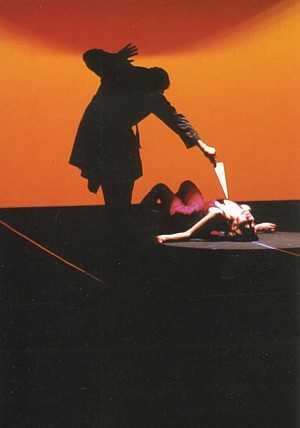 In 2000 the Tom Waits community was still enjoying the release of "Mule Variations" as it was suddenly announced there would be another main event. Tom Waits and Robert Wilson were going to collaborate on their third play called "Woyzeck".
In 2000 the Tom Waits community was still enjoying the release of "Mule Variations" as it was suddenly announced there would be another main event. Tom Waits and Robert Wilson were going to collaborate on their third play called "Woyzeck". Again: Tom Waits: author of music and lyrics, Wolfgang Wiens: adaptation/ dramaturgy and Kathleen Waits-Brennan co-author of music and lyrics.
The play premiered November 18, 2000 at the Betty Nansen Theatre in Copenhagen/ Denmark. It went on tour in 2001 (with all of the dialogue spoken in Danish and most of the songs in English) and in 2002 (performed entirely in English).
SPIEGEL: Auch "Blood Money" basiert auf einer Produktion mit Wilson, der Musical-Version von Georg Büchners "Woyzeck", die vor anderthalb Jahren in Kopenhagen herauskam. Beide Alben sind fast durchweg akustisch instrumentiert und erinnern an die Theatermusik von Kurt Weill ...
Waits: Als ich diesen Vergleich das erste Mal hörte, habe ich Weills Musik gar nicht gekannt. Aber ich habe sie angehört, um herauszufinden, was die Leute meinen. Was ich an ihm mag, ist dieses: Er nimmt eine schöne Melodie und erzählt dir furchtbare Dinge. Ich hoffe, dass mir das auch gelingt.
SPIEGEL: An Düsternis herrscht in Ihren Songtexten sicher kein Mangel. Woher kommt diese dunkle Phantasie?
Waits: Wissen Sie: Ich bin ein Rätsel. Ich verstehe selbst nicht, was manche Songs bedeuten. Das ist der Trick beim Songschreiben: Du musst etwas in den Song einbauen, was dich auch selber später noch überrascht. Wenn es zu einfach ist, dann langweile ich mich damit. Es ist dasselbe wie mit Leuten...
oder auch: Tom Waits- Woyzeck in 'ASPEKTE' - 2001
oder auch: Der zärtliche Kehlenschnitt - drkultur
Misery River
(Woyzeck theatre version, 2000)
Carnival Announcer: "Ladies and gentlemen here you see the astronomical horse and the two little canary birds - favorites of all potentates and of all crowned heads, tell the people everything, how old, how many children, what illnesses."
Gentlemen! Gentlemen! Look at this creature, as God made it: nothing, nothing at all.
Misery's the River of the World
Misery's the River of the World
Misery's the River of the World
The higher that the monkey can climb
The more he shows his tail
Call no man happy 'til he dies
There's no milk at the bottom of the pail
God builds a church
The devil builds a chapel
Like the thistles that are growing
'round the trunk of a tree
All the good in the world
You can put inside a thimble
And still have room for you and me
If there's one thing you can say
About Mankind
There's nothing kind about man
You can drive out nature with a pitchfork
But it always comes roaring back again
Carnival Announcer: "Gentlemen, now see the effect of art. The monkey is already a soldier - that is not much, it is the lowest level of the human race! The little dummy is musical. Gentlemen this animal that you see here, with a tail on his body, with his four hooves, is a member of all learned societies, professor of our university, with whom the students learn to ride and fight. Man - you are created of dust, sand and dirt. Do you want to be more than dust, sand and dirt? Observe the progress of civilization. Everything progresses: a horse, a monkey, a canary bird. The commencement of the commencement is starting now!"
The higher that the monkey can climb
The more he shows his tail
Call no man happy 'til he dies
There's no milk at the bottom of the pail
God tempers all the winds
for the new shorn lambs
the devil knows the bible
like the back of his hand
All the good in the world
You can put inside a thimble
And still have room for you and me
If there's one thing you can say
About Mankind
There's nothing kind about man
You can drive out nature with a pitchfork
But it always comes roaring back again
For want of a bird
The sky was lost
For want of a nail
A shoe was lost
For want of a life
A knife was lost
For want of a toy
A child was lost(6)
Misery's the River of the World
Everybody Row! Everybody Row!
Misery's the River of the World
Misery's the River of the World
Misery's the River of the World
Everybody Row! Everybody Row!
Everybody Row
Any copyrighted material on these pages is used in "fair use"
for the purpose of study, review or critical analysis only,
and will be removed at the request of copyright owner(s).
gebattmer - 2009/01/27 22:29









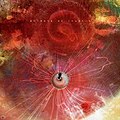













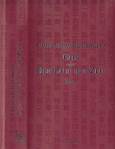
















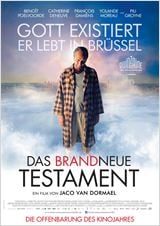











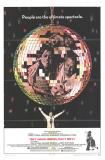






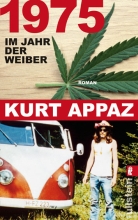
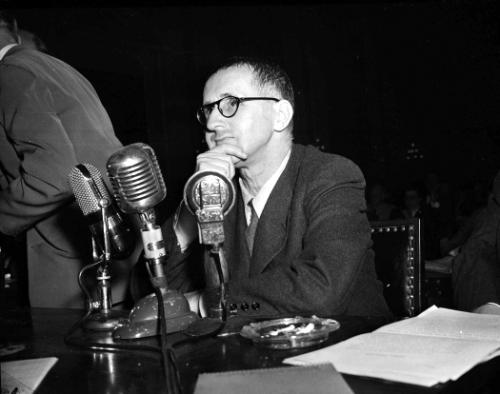

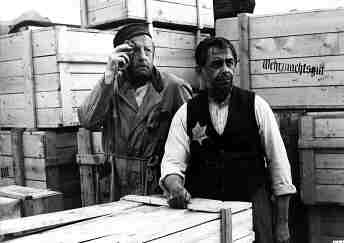
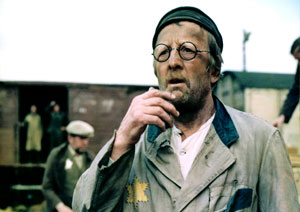
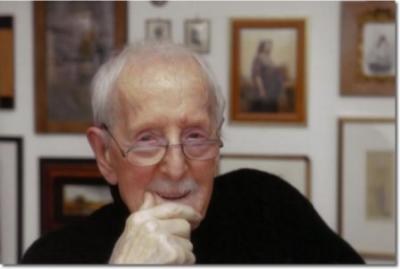

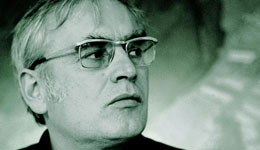 - Mit Theweleits Analyse kommt man weiter; sie kann aber auch nicht erklären, warum einer, der in seinen Romanen bis Anfang der 80er Jahre die Kleinbürger der alten BRD so gnadenlos sezieren konnte (
- Mit Theweleits Analyse kommt man weiter; sie kann aber auch nicht erklären, warum einer, der in seinen Romanen bis Anfang der 80er Jahre die Kleinbürger der alten BRD so gnadenlos sezieren konnte (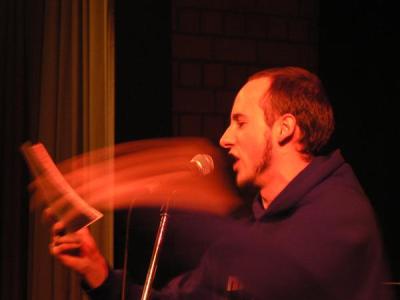
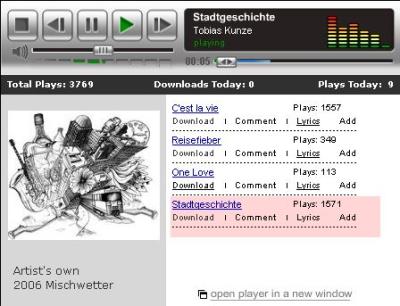

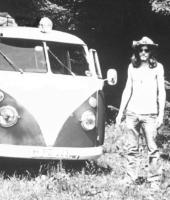

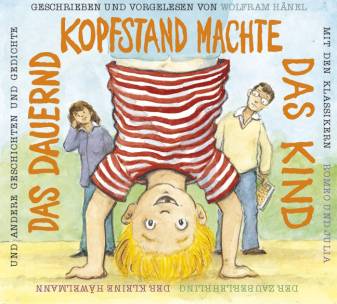
 Als Architekt hat der Bruder ein Leben lang gearbeitet, bevor er "auffällig" wird. Er fälscht Urkunden, überzieht Gerichte mit Klagen, veruntreut Gelder und vertreibt Gerichtsvollzieher mit dem Jagdgewehr. Und weder Banken, Versicherungen, Gläubiger und Behörden noch Richter und Staatsanwälte entnehmen seiner Post die einfache Botschaft, nämlich, dass er längst den Verstand verloren hat. Im Gegenteil, die Regeln, nach denen sie den Fall verwalten, tragen selbst Züge des Wahnsinns. Aus einem halben Dutzend Pappkisten mit Briefschaften rekonstruiert der Erzähler die letzten Lebensjahre des Mannes, der von Kindheit an ein glühender Verehrer Friedrichs des Großen von Preußen gewesen ist und bis zuletzt hofft, etwas Rettendes wie das "Mirakel des Hauses Brandenburg" von 1763 könne auch ihm widerfahren. Der Bruder stirbt an Alzheimer. Seine letzten Klagen gelten dem Staat, dem "kommunistischen" Pfleger, der Forstwirtschaft. In einem fremden Land lebt der Erzähler weiter. Hier ist Arbeit "Mangelware", und in hohem Ansehen steht, wer sie "schafft". Eine Architektin entscheidet sich für ein besseres Leben: als Taxifahrerin. Eine Liebe geht zu Ende und lässt den Erzähler verwüstet zurück. In einem Dorf im Süden freundet er sich mit einer geisteskranken Frau an. Es ist Sommer und Nacht, als auch er das Pferd umarmt. In der einen Welt kommt nur, wer Geld hat, überall hin, aber nicht mehr raus.
Als Architekt hat der Bruder ein Leben lang gearbeitet, bevor er "auffällig" wird. Er fälscht Urkunden, überzieht Gerichte mit Klagen, veruntreut Gelder und vertreibt Gerichtsvollzieher mit dem Jagdgewehr. Und weder Banken, Versicherungen, Gläubiger und Behörden noch Richter und Staatsanwälte entnehmen seiner Post die einfache Botschaft, nämlich, dass er längst den Verstand verloren hat. Im Gegenteil, die Regeln, nach denen sie den Fall verwalten, tragen selbst Züge des Wahnsinns. Aus einem halben Dutzend Pappkisten mit Briefschaften rekonstruiert der Erzähler die letzten Lebensjahre des Mannes, der von Kindheit an ein glühender Verehrer Friedrichs des Großen von Preußen gewesen ist und bis zuletzt hofft, etwas Rettendes wie das "Mirakel des Hauses Brandenburg" von 1763 könne auch ihm widerfahren. Der Bruder stirbt an Alzheimer. Seine letzten Klagen gelten dem Staat, dem "kommunistischen" Pfleger, der Forstwirtschaft. In einem fremden Land lebt der Erzähler weiter. Hier ist Arbeit "Mangelware", und in hohem Ansehen steht, wer sie "schafft". Eine Architektin entscheidet sich für ein besseres Leben: als Taxifahrerin. Eine Liebe geht zu Ende und lässt den Erzähler verwüstet zurück. In einem Dorf im Süden freundet er sich mit einer geisteskranken Frau an. Es ist Sommer und Nacht, als auch er das Pferd umarmt. In der einen Welt kommt nur, wer Geld hat, überall hin, aber nicht mehr raus. (Wieder-) lesenswert ist auch
(Wieder-) lesenswert ist auch